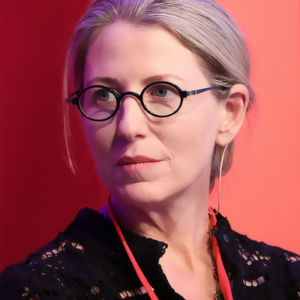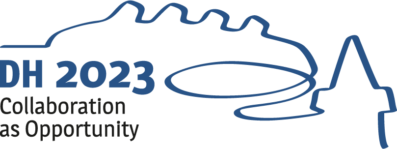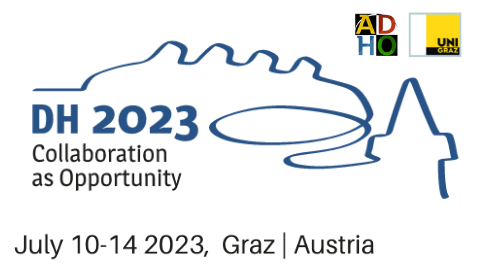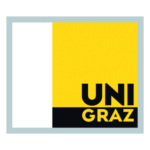Professor Sarah Kenderdine
“Two-Fold Revolutions: Computational Museology in the Age of Experience”

The present digital and cultural age comprises many intersecting technologies and actors with divergent capacities for “revolution”. This paper presents and analyses two important developments orbiting the domain of digital museology. The first trajectory entails transformations in museum practices wrought by digital technologies, which have established new computational knowledge frameworks. The second orbit involves the counter definition from mathematics—a revolution in 360-degrees. Immersive systems have encircled ways of seeing and being continuously evolving from 19th-century panoramic and panoptic forms into the pioneering media art of the 20th century to the metaverse of today, and once again we are living through a much heralded “age of experience”.
The outer limits of these two revolutions are interconnected yet differentiated by paradigmatic or incremental characteristics and by rupture or cycle, interleaving the past to become active in the present.
This positivist spin has a counter-revolutionary side, as cultural knowledge is trapped in techno-capitalist systems that concentrate control and ownership of its commodities in the hands of a few. Algorithms and data analysis techniques further prioritize popular content, which in turn marginalize alternative cultural practices and voices, thus homogenizing cultural knowledge to conform to the demands of techno-capitalist economies. These processes have led to the dilution of local and regional cultural practices and knowledge to entrench the dominance of global techno-capitalism in knowledge production itself.
To counter these negative tendencies, digital humanists and museum colleagues must first be vigilant, ethical, and creative in collective efforts to preserve and promote cultural diversity and inclusivity. The concept of “computational museology” offers a scaffold for these efforts, as an emergent discipline that unites the two key trajectories of digitization and immersive seeing: uniting machine intelligence with data curation, ontology with visualization, and communities of publics and practitioners with embodied interaction through immersive interfaces. Linking all forms of culture and materiality, including objects, knowledge systems, representation, and participation, computational museology empowers cultural organizations to create new avenues for cultural heritage access and to foster a revolution in engagement among diverse audiences.
Biography:
Professor Sarah Kenderdine leads a team of software engineers, artists, and curators, at the forefront of interactive and immersive experiences for galleries, libraries, archives and museums. In widely exhibited installation works, she has amalgamated tangible and intangible cultural heritage with new media art practice, especially in the realms of interactive cinema, augmented reality and embodied narrative. Sarah has produced 90 exhibitions and installations for museums worldwide. In 2017, Sarah was appointed professor at the École Polytechnique fédérale de Lausanne (EPFL), Switzerland where she has built the Laboratory for Experimental Museology (eM+), exploring the convergence of imaging technologies, immersive visualisation, digital aesthetics and cultural and scientific (big) data.
Since 2017, Sarah has taken the first directorship and is lead curator of EPFL Pavilions, a new art/science initiative housed in a seminal Kengo Kumar building. Located at the heart of a vibrant international university and elite engineering school, EPFL Pavilions is an amplifier for art, science and society, a meeting place for all disciplines. Reaching beyond object-oriented curation, EPFL Pavilions blends experimental curatorship and contemporary aesthetics with open science, digital humanism and emerging technologies.
In 2020, she was named in the Museum Influencer List 2020 – The Power 10 by Blooloop and, Switzerland’s Top 100 Digital Shapers by Bilanz in 2020 and 2021. In 2021, Sarah was appointed corresponding fellow of The British Academy.
(Source)



